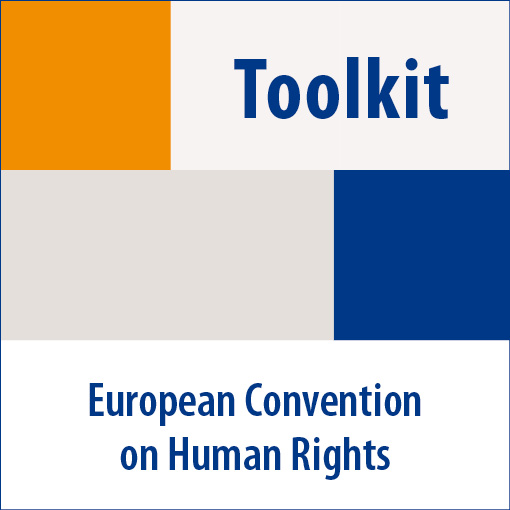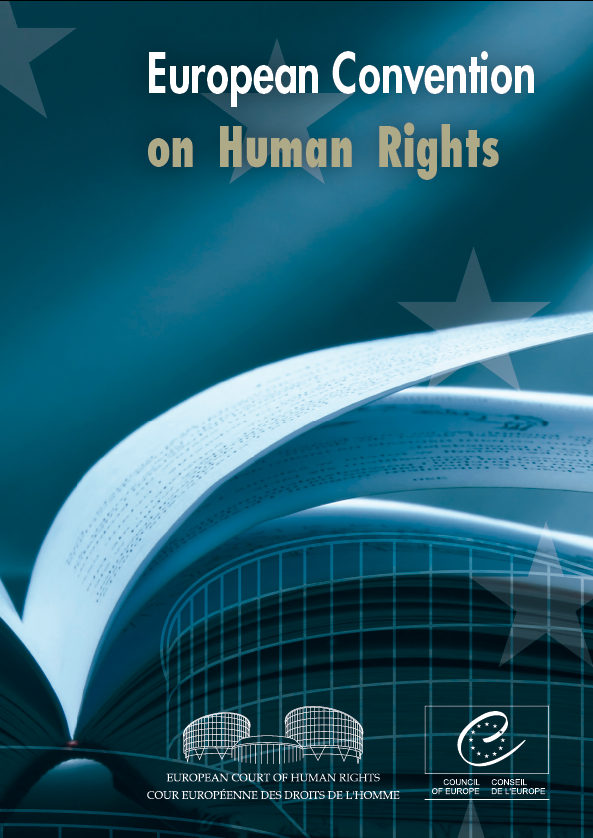Paragraph 1 states: "Everyone has the right to freedom of expression. This right shall include freedom to hold opinions and to receive and impart information and ideas without interference by public authority and regardless of frontiers. This article shall not prevent States from requiring the licensing of broadcasting, television or cinema enterprises".
Freedom of expression is a cornerstone of democracy and key to the enjoyment of many other rights. The right protected is very widely drawn, going far beyond the freedom of the press. It covers political speech, commercial speech and artistic expression. The Court has stressed its constitutional importance and said interference can be justified only by imperative necessities and exceptions must be interpreted narrowly. It has also said expression protected by Paragraph 1 includes "not only ideas that are favourably received or regarded as inoffensive… but also those that offend, shock or disturb the State or any sector of the population". So opinions that might be regarded as extreme and offensive and art that might be considered obscene may in principle be expressed and displayed, subject to the qualified exceptions in paragraph 2, which are to be interpreted narrowly. The presumption is in favour of free expression.
Paragraph 2 sets out the qualifications to the right, in the common pattern explained above, requiring restrictions to be (i) prescribed by law, (ii) for a permitted purpose and (iii) necessary in a democratic society, proportionate and non-discriminatory (see paragraphs 73 to 75 above). But this article also recognises that the exercise of freedom of expression "carries with it duties and responsibilities". These words have been used by the Court, for example, to justify restrictions on public servants' participation in political activities (Ahmed and others v. the United Kingdom).
The permitted aims for restrictions, formalities, conditions or penalties are:
- national security, territorial integrity or public safety;
- prevention of disorder or crime;
- protection of health or morals;
- protection of the reputation or rights of others;
- preventing the disclosure of information received in confidence;
- maintaining the authority and impartiality of the judiciary.
Few of the many cases decided on freedom of expression have complained of the actions of police or other officials dealing directly with the public. Usually the complaint concerns either the national laws applied, or the actions of senior officials, prosecutors or the courts in deciding to forbid the expression of unwelcome opinions or ideas or prosecute and convict people for expressing them. For the police, the safest course is to err on the side of permitting free expression and only restricting it where strong reasons for doing so for one of the stated aims exist, and where the restriction is proportionate and non-discriminatory. Even where the ideas concerned are extreme, suppressing them requires strong justification. Great care should also be taken in issuing and executing search warrants of newspaper publishers' premises; journalists have the right to protect their sources.




